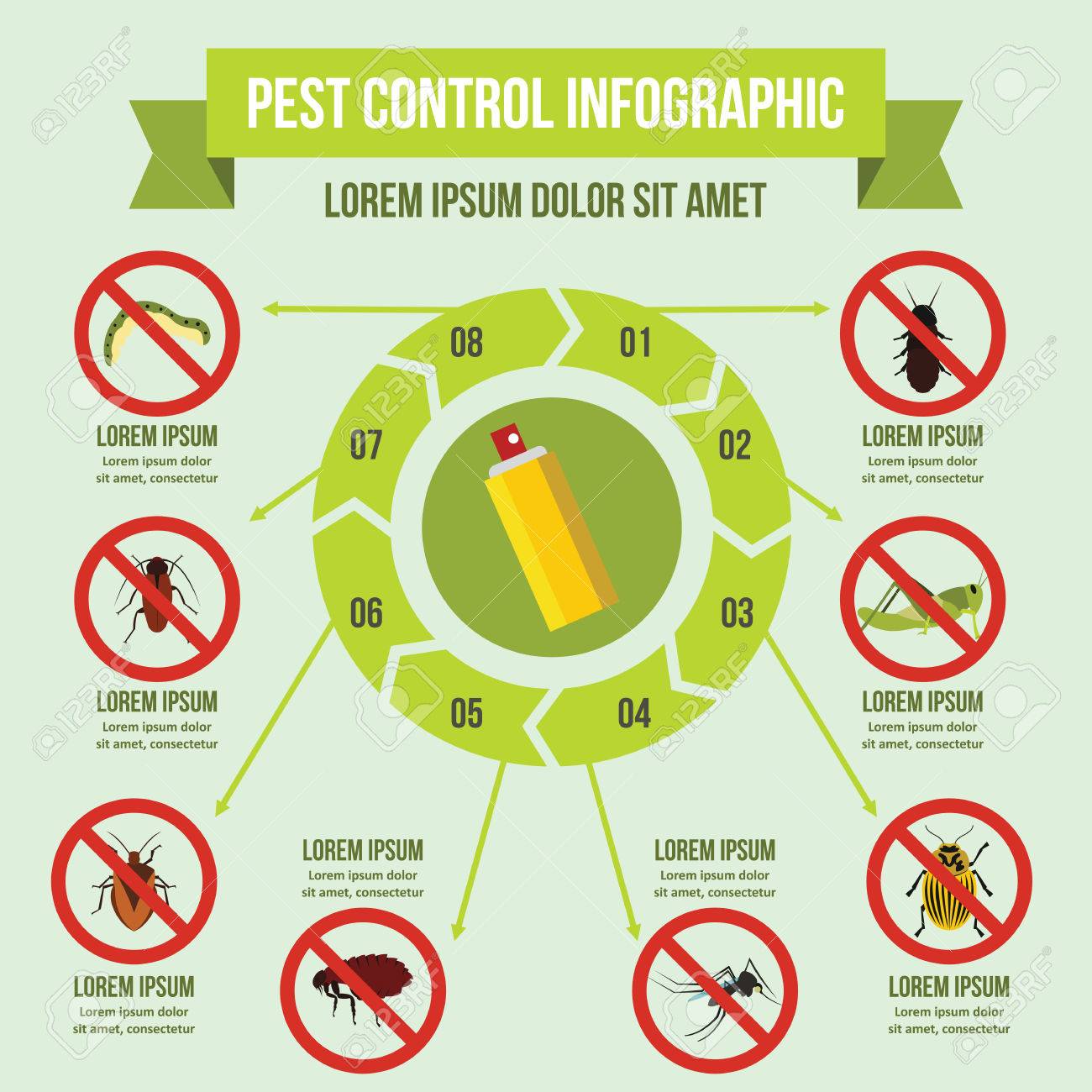Pest-Proofing Your Garden: Tips For Keeping Exterior Pests Away
Pest-Proofing Your Garden: Tips For Keeping Exterior Pests Away
Blog Article
Writer-Lambertsen Fyhn
Visualize your yard as a shelter, an area of peace and beauty. Nonetheless, the existence of exterior parasites can rapidly disrupt this idyllic photo. Suppose there were Read More Here yet reliable ways to maintain these unwanted site visitors away and secure your garden oasis? By complying with a couple of useful ideas and executing all-natural strategies, you can produce an unified exterior room where your plants can thrive undisturbed.
Natural Bug Deterrents
To keep bugs far from your yard naturally, plant aromatic natural herbs like mint and lavender. These fragrant plants not only add elegance to your yard yet additionally function as efficient pest deterrents. Insects like mosquitoes, flies, and also some garden-damaging pests are pushed back by the solid aromas discharged by these natural herbs. Simply putting them strategically around your garden can assist create an all-natural barrier against undesirable insects.
Along with mint and lavender, take into consideration growing other natural herbs like rosemary, basil, and lemongrass to better improve your garden's pest-proofing capabilities. These natural herbs not just act as natural repellents yet also have the included benefit of working in cooking or crafting self-made treatments.
Strategic Plant Placement
Take into consideration the layout of your yard and the kinds of plants you need to tactically put them for optimum pest-proofing effectiveness.
Beginning by organizing plants with similar resistance to parasites together. By doing this, you can create an all-natural obstacle that prevents bugs from spreading throughout your garden.
In addition, placing pest-repelling plants like marigolds, lavender, or mint near more prone plants can help shield them. Tall plants, such as sunflowers or corn, can serve as a guard for shorter plants against insects like bunnies or ground-dwelling bugs.
Keep in mind to leave enough room in between plants to improve air circulation and decrease the risk of diseases that pests might bring.
Moreover, take into consideration planting strong-smelling natural herbs like rosemary or basil near susceptible plants to puzzle bugs' senses and make it harder for them to situate their targets.
Reliable Bug Control Approaches
For combating yard parasites properly, applying a multi-faceted parasite control approach is essential. Beginning by urging natural killers like birds, ladybugs, and praying mantises to aid keep pest populations in check. Introducing plants that draw in these beneficial insects can assist in bug control. Furthermore, practicing good garden health by removing particles and weeds where insects may conceal can make your yard much less friendly to unwanted visitors.
Take into consideration using physical barriers such as row cover fabrics or netting to shield at risk plants from insects like caterpillars and birds. Using https://emilianouqjey.mybuzzblog.com/6083690/beneath-the-surface-innocent-insects-that-may-be-hiding-in-your-house like neem oil or insecticidal soap can additionally be effective versus specific parasites while being less unsafe to valuable insects and the atmosphere. It's crucial to revolve your crops each period to avoid the buildup of bug populations that target certain plants.
Frequently inspect your plants for indications of parasite damage so you can do something about it immediately. By integrating these approaches and staying cautious, you can effectively regulate garden insects and enjoy a successful, pest-free yard.
Final thought
So, there you have it - with the right techniques, you can maintain pesky outside parasites away from your yard and help your plants grow.
Did you understand that planting mint has been shown to ward off insects and other insects, reducing the demand for harmful pesticides by up to 60%?
By including natural deterrents and smart growing methods, you can produce a stunning and pest-resistant garden sanctuary for you to delight in.
